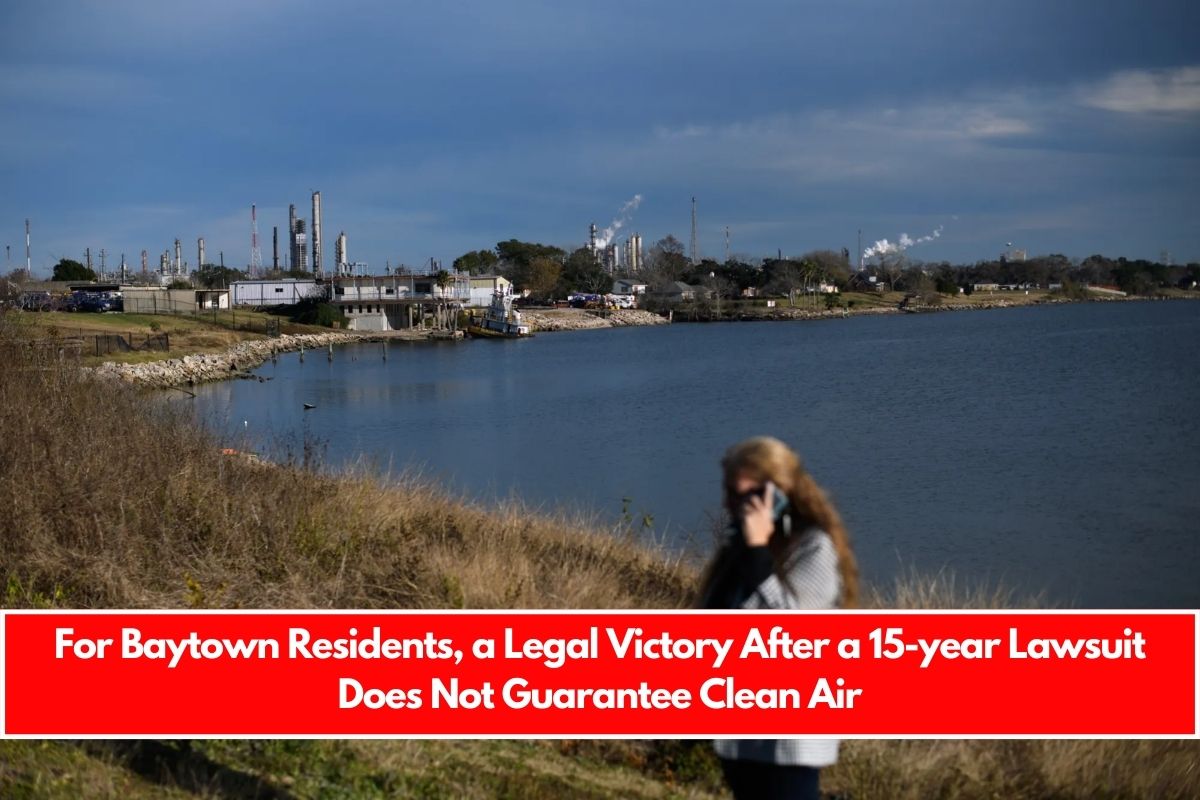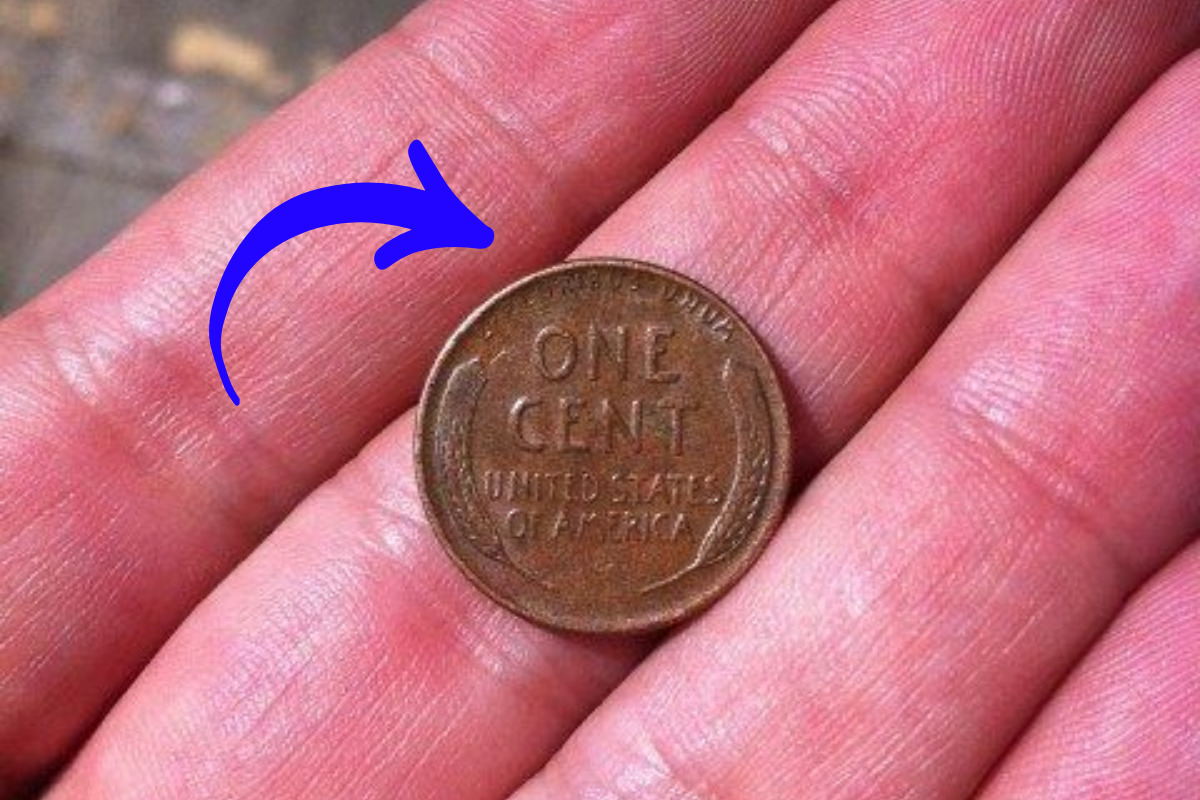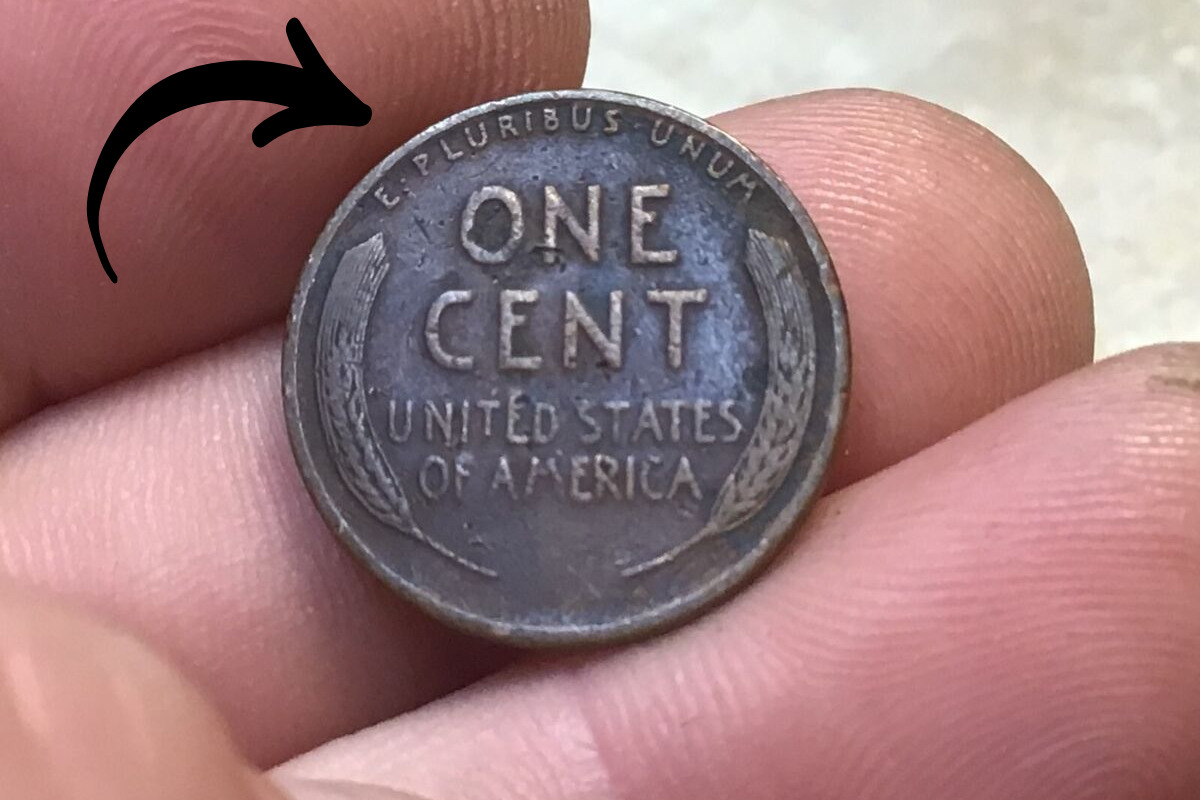After a 15-year legal battle, Baytown residents, led by Sharon Sprayberry, have secured a major victory against ExxonMobil, holding the petrochemical giant accountable for more than 16,000 violations of the Clean Air Act. The Fifth Circuit Court of Appeals upheld a $14.25 million fine against the company, marking the largest citizen-initiated lawsuit of its kind.
A Long Fight for Clean Air
For Sharon Sprayberry, 75, the towering ExxonMobil refinery in Baytown has been both a source of income and health struggles. Her father’s refinery job put food on the table, but she believes exposure to its emissions caused her lifelong battle with asthma.
When Sprayberry moved back to Baytown in 2004, she noticed her asthma worsening. Around the same time, Environment Texas discovered ExxonMobil was exceeding legal pollution limits. With the Texas Commission on Environmental Quality (TCEQ) failing to act, Environment Texas and the Sierra Club filed a citizen lawsuit under the Clean Air Act, representing affected residents like Sprayberry.
“The importance of the case is the legal standing for citizens to speak up and say, ‘This air is not clean, and this is why,'” Sprayberry said.
ExxonMobil’s Violations and Court Ruling
Court documents revealed ExxonMobil committed:
16,000+ violations of its air permits from 2005 to 2013
Expelled nearly 10 million pounds of pollutants
90% of emissions contained hazardous substances like benzene and volatile organic compounds
Despite multiple appeals, the full panel of 17 judges at the Fifth Circuit affirmed the ruling, enforcing a $14.25 million fine against ExxonMobil. The company has until mid-March to appeal to the U.S. Supreme Court.
A spokesperson for ExxonMobil responded:
“We’re disappointed in this decision and we’re considering other legal options.”
Pollution and Community Concerns
ExxonMobil claims to have spent $6 billion on facility improvements, leading to a 95% reduction in unauthorized emissions by 2013. However, Environment Texas argues many of these changes came only after the lawsuit was filed, and the improvements have not been sustained.
EPA data shows that from 2013 to 2021, emissions at the Baytown refinery have increased:
- Benzene (a known carcinogen) up 60%
- 1,3-Butadiene (a cancer-linked compound) up 78%
- Toluene (causes breathing issues and dizziness) up 449%
“Unfortunately, we have not seen a dramatic improvement in ExxonMobil being a good neighbor,” said Jennifer Hadayia, Executive Director of Air Alliance Houston.
Ongoing Fears Among Baytown Residents
Baytown resident Theresa Blackwood, who lives less than a mile from the refinery, keeps a log of pollution-related incidents. She describes frequent burning eyes, throat irritation, and overpowering odors.
“You don’t know what you’re walking out to,” Blackwood said.
Despite her concerns, she loves her home near the shipping channel and hopes this lawsuit proves that fighting back against big corporations is worth it.
This landmark case reinforces that citizens can hold corporations accountable for environmental harm, even if it takes decades. While ExxonMobil may still appeal, this ruling sends a strong message to the petrochemical industry and offers hope to residents advocating for cleaner air.







